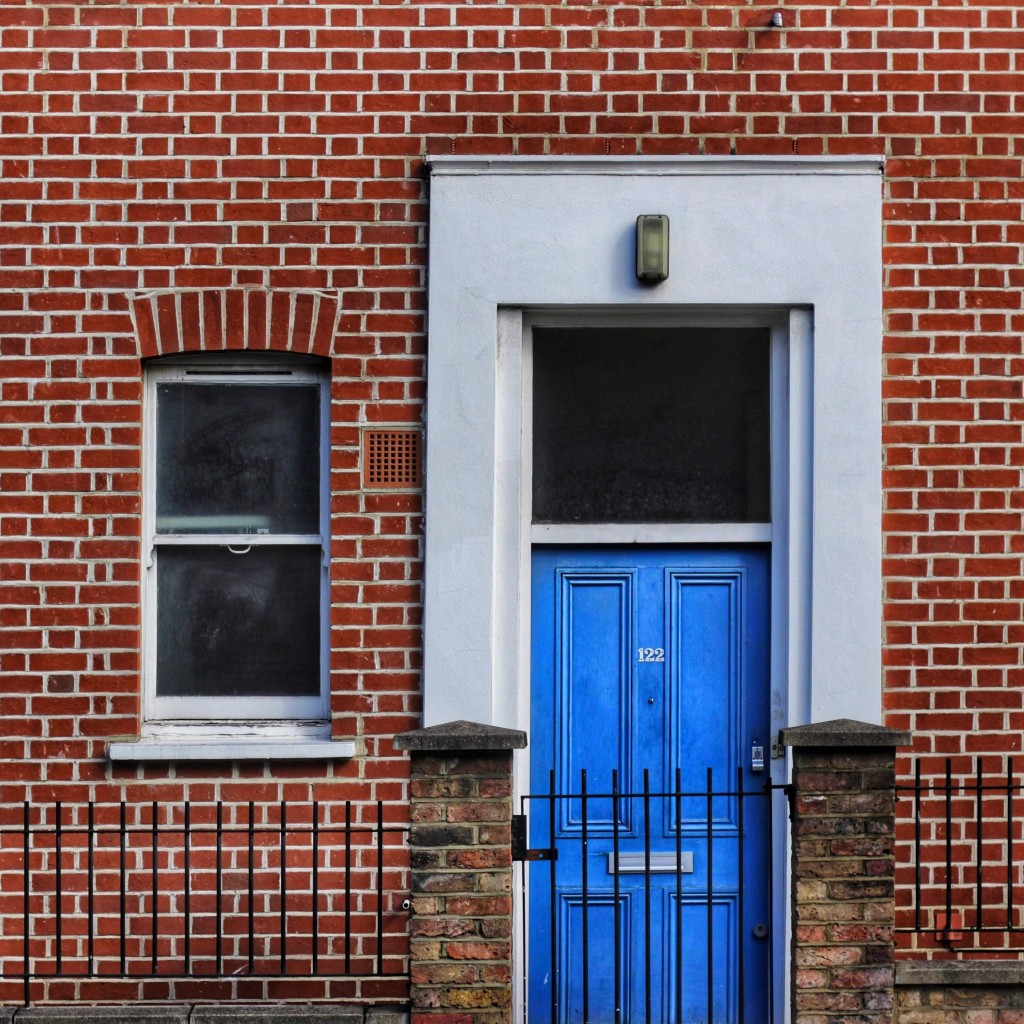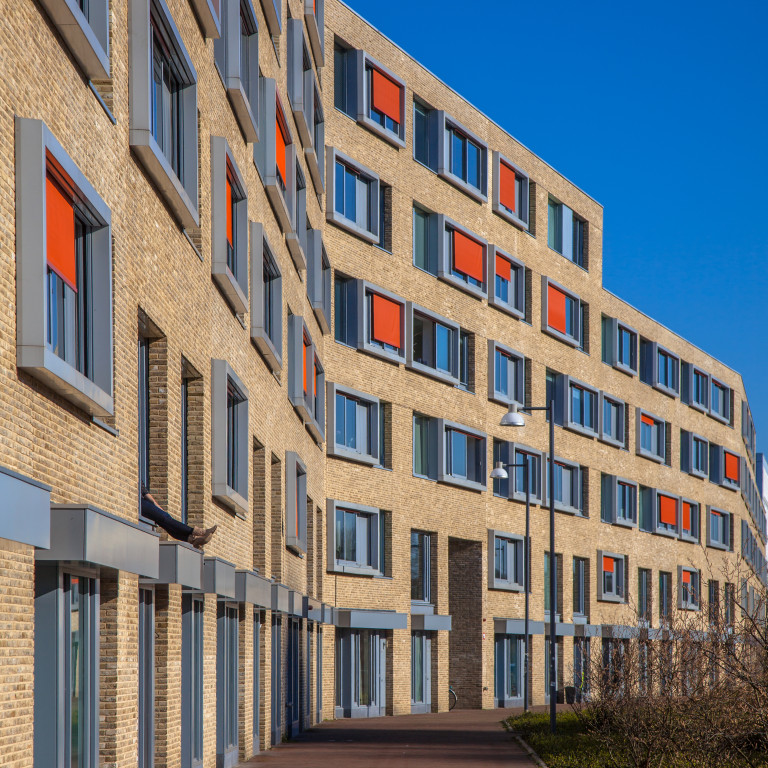In February 2021 a new £3 million mediation pilot was introduced for housing possession claims. The service is in collaboration with the Ministry of Housing, Communities & Local Government and the Society of Mediators on behalf of the Ministry of Justice.
What is mediation?
Mediation is a form of Alternative Dispute Resolution (‘ADR’) where an independent person, the mediator, helps both sides of a dispute come to an agreement.
What is the Housing Mediation Service?
The government has announced that the new service, operating in response to COVID-19, is intended to be a dedicated mediation service to engage with housing possession claims as they progress through the court system and to facilitate settlement without a substantive hearing, where possible.
The aim is to use mediation as part of the possession process to try and help landlords and tenants reach a mutual agreement, sustain tenancies and manage capacity in the court system. We have experienced significant delays with the court systems since the outbreak of the pandemic and there has been a large backlog of cases. By offering this new framework the government hopes to encourage parties to resolve disputes quickly and efficiently, without a formal hearing. This will also enable courts to prioritise urgent cases.
The service is staffed by seven clerks taking referrals from all over England and Wales with the mediators who are fully trained professionals with additional training for the scheme.
How will the Housing Mediation Service work?
The Pre-Action Conduct and Protocols Practice Direction at 3(c) requires parties to a claim to try and settle the issues without proceedings and this pilot scheme is intended to complement and integrate with existing measures. Before housing possession cases are taken to court, landlords and tenants will have the chance to reach an agreement at the review hearing stage. If an agreement is not reached and the parties agree that the case is suitable for mediation, it will be referred to mediation within ten days. If both parties are still unable to agree a solution during the mediation the case will continue to a full hearing. This overall approach enables the fair and efficient progress of possession cases through the courts, where they need to be before the courts.
What are the benefits of the Housing Mediation Service?
The obvious benefits are that it is quicker and less expensive than continuing with court action as using the mediation service is free for both landlords and tenants. It will also help to manage court capacity so that the most serious cases can be prioritised.
Mediation is more informal and therefore more user-friendly in nature. The pilot has been adapted so that mediations are conducted remotely: by telephone, WhatsApp or Zoom. Parties will also require access to email. There are no formal rules of evidence to comply with and this allows a great degree of flexibility. The mediation is also confidential.
Mediation promotes a greater degree of control for the parties as each party has an equal say in the process and there is a greater focus on reaching a mutually agreeable resolution to the conflict, rather than the determination of fault. The government’s pilot service seeks to increase settlement, help the parties identify and accept the issues at the centre of the dispute and work together to formulate a solution. A unique benefit of mediation is that it helps to preserve the relationship between the parties. By engaging in mediation parties are able to resolve the conflict together, promote a good working relationship and ensure that tenancies are maintained.
Whaen will the Housing Mediation Service start?
The government’s press release from 7 April 2021 says if the mediation is successful and both parties agree to a solution, both parties will sign an agreement which will then be put in front of a judge for approval. It goes on to say that either party to the agreement can apply to the court to enforce the agreement if it is broken by the other party. It is unclear yet what that agreement will be and how it will be enforced. Without further detail, we can only speculate that the agreement will be embodied in a suspended possession order and enforceable as such.
The government has announced that the pilot will be available for at least six months from February 2021, at which point it will be evaluated to determine the next steps.
Further details are expected to be added to the new website which is also the starting point for accessing the scheme.
Find out more
Our Affordable Housing team have over 25 years’ experience in this sector, forming close working relationships with their housing clients. To find out more about the areas they advise on and their bespoke services please visit their hub page or contact a member of the team.






